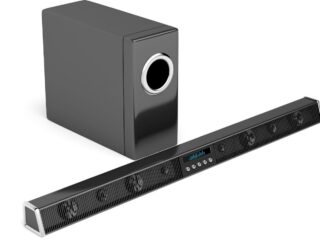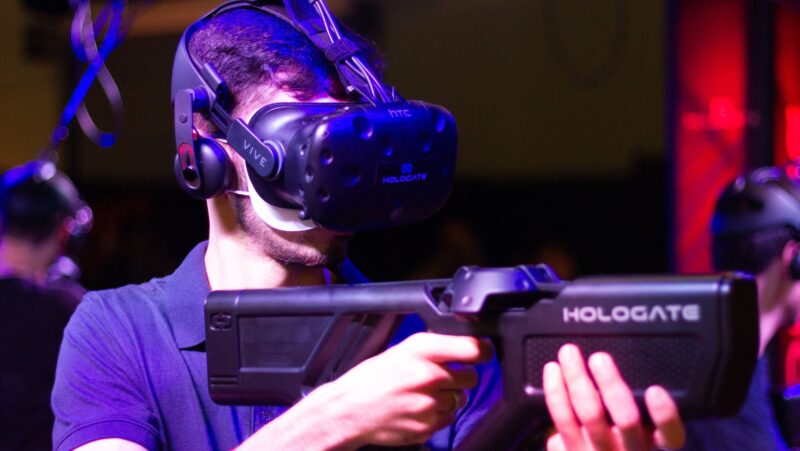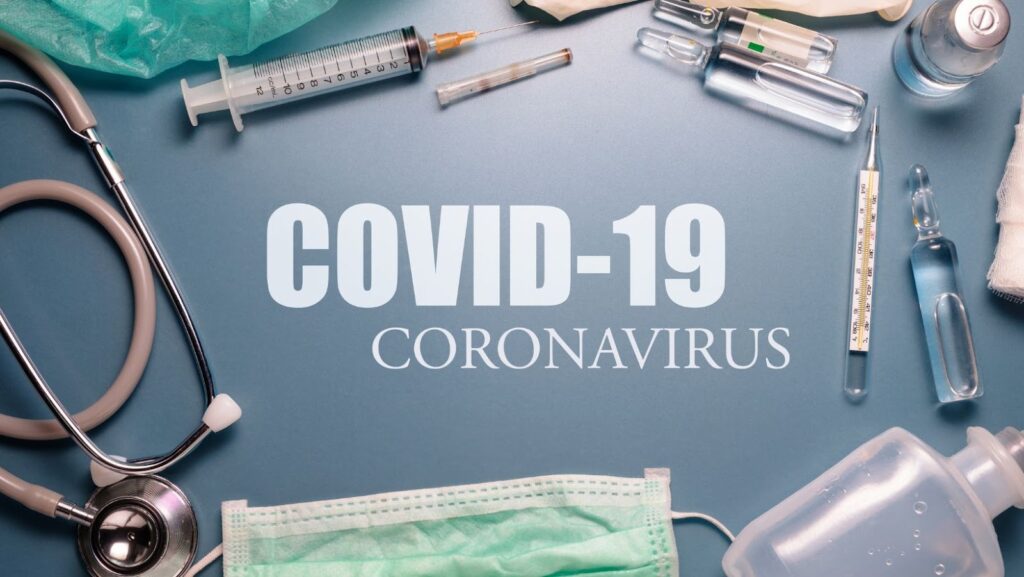
COVID-19: approving Chinese, American and Russian vaccines
In 2020, the world was in the grips of the COVID-19 pandemic. Among the strategies used to combat the virus are developing and approving various types of vaccines.
In this article, we will look at how different countries have approached the approval of Chinese, American, and Russian COVID-19 vaccines. We will discuss the advantages and disadvantages of each approach, and how it impacts the global fight against COVID-19.
Overview of COVID-19
In December 2019 a novel coronavirus, SARS-CoV-2, was identified as the cause of a rapidly-spreading viral infection initially seen in Wuhan, China. In March 2020, the World Health Organization declared the outbreak a pandemic, with the disease now present in all major world regions.
The development and use of effective vaccines are a key strategy in reducing morbidity and mortality associated with COVID-19 and helping slow its spread. There are now several approved vaccines, with many more undergoing analysis or awaiting regulatory approval from government health agencies worldwide. Each vaccine is based on a different technology and has pros and cons associated with it. Here we provide an overview of the different types of COVID 19 vaccinations available and potential issues related to their production or use.
Types of Vaccines:
– mRNA (messenger ribonucleic acid) vaccines: mRNA is usually found inside cells but can be used by manufacturers to generate protective proteins when administered as part of a vaccine. The most common types are based on Pfizer/BioNTech’s mRNA-based BNT162b2and Moderna’s mRNA-1273 vaccine platforms.
– Vector vaccines: These work by using harmless viruses that have had part of their genetic material replaced with genetic material from SARS-CoV-2 to generate protective proteins that induce an immune response against COVID-19 when injected into humans. The current Ad26 vector platform Johnson & Johnson and AstraZeneca used was developed at Janssen Vaccines & Prevention BV (part of Johnson & Johnson).
– Protein subunit vaccines: Subunit vaccines create virus proteins externally then inject them into humans as part of an immunisation process known as recombinant protein vaccination technology. Examples include Novavax’ NVAX‑CoV2373adapted for Novavax’s recombinant nanoparticle vaccine platform technology and CureVac’s CVnCoVpunctuated for Curevac’s mRNA vaccine platform technology
– Powered cell engineered antibody therapy or Antibody cocktails: Antibody Cocktail therapies combine antibodies – either naturally occurring ones taken from recovered COVID‑19 patients or engineered antibodies produced in lab – into one therapeutic solution which can then be administered via injection to offer protection against infection and disease progression even without prior immunisation through vaccination doses previously given.
Chinese Vaccines
The Chinese government has approved several COVID-19 vaccines for public use, including those by Sinopharm and Sinovac. Both companies are working with international partners to expand production, so their vaccines are available worldwide. In addition, Sinopharm is the only Chinese company to receive approval from the World Health Organization, making it an important option for those seeking a vaccine.
This section will explore the various Chinese vaccines, their approval process, and their efficacy.
Approval process
Countries around the world are beginning to approve various types of COVID-19 vaccines, including those produced by Chinese companies. The Chinese government has established a rigorous approval process for any vaccine candidate intended to be used domestically.
This process requires extensive clinical testing and evaluation of clinical trial data to ensure that the vaccine meets all safety, efficacy and quality criteria. The approval process requires submission of all stages of clinical trial data ensuring that each step has been completed effectively and with the highest degree of accuracy. All vaccines must also undergo analysis by a panel of experts from different fields to assess potential risks or liability associated with its use.
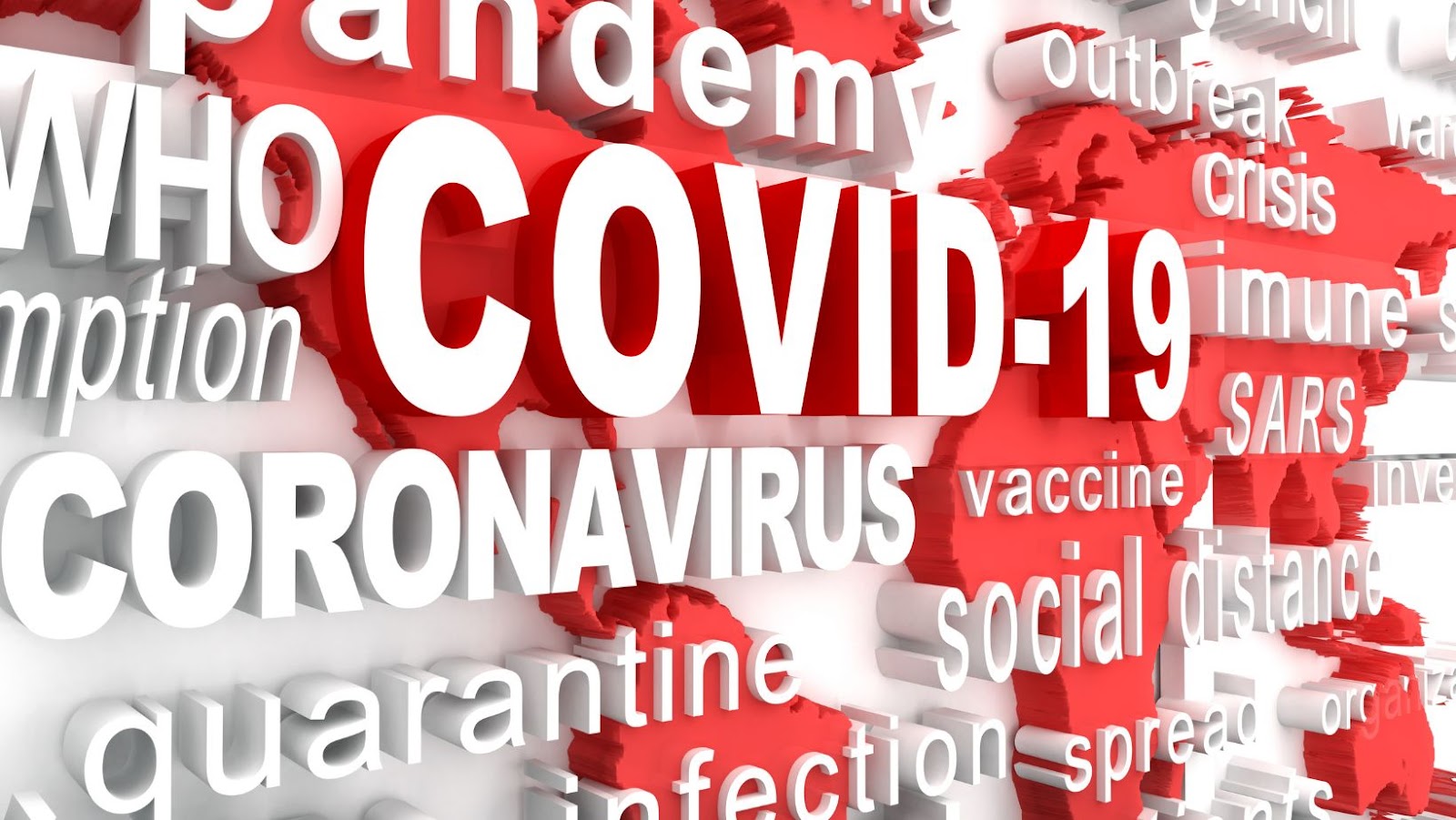
In addition, China has enacted its own “risk-based system” for ensuring safety and efficacy standards about potential adverse reactions associated with using a particular vaccine form. This risk-based system was created to monitor any unexpected side effects that may occur as a result of vaccination or immunisation activities and is designed to ensure timely responses if any such risks are identified during clinical trials or post-marketing phases.
Advantages and disadvantages
Vaccines are one of the most powerful tools for controlling and preventing diseases. Chinese vaccine technology has been constantly improving, and several Chinese vaccines have greatly contributed to disease prevention and control. However, with the advent of new types of vaccines, there is an increased scrutiny of their safety and efficacy. Here we look at the advantages and disadvantages of various types of Chinese vaccines for COVID-19 prevention.
Advantages:
- Chinese vaccines offer proven protection against COVID-19, particularly as they contain specific components to target the virus circulating in China
- Chinese vaccine manufacturers are very experienced in producing quality vaccines in bulk quickly, so they can provide large quantities to meet global demand
- Chinese vaccine makers have been producing safe, effective products consistently since the 1990s
- The approval process for Chinese vaccine manufacturing is widely respected, so there is often quicker access to approved vaccines compared to other countries
- Cost savings associated with importing approved Chinese vaccines provide a significant advantage to poorer nations who would otherwise struggle to afford sufficient protection against COVID-19
Disadvantages:
- The exact composition and dosages used within Chinese manufactured vaccination regimens may differ from those elsewhere which could create uncertainty over their full efficacy
- Any adverse effects may cause problems across international borders if distributed widely enough which could undermine confidence in their safety
- Resistance among certain populations due to political tensions between China and various countries may hinder uptake
American Vaccines
COVID-19 has taken the world by storm, and governments have scrambled to approve vaccines to battle it. The American vaccine candidates have been well researched and developed despite some initial scepticism.
Let’s look at the different types of American vaccines and their features in more detail.
Approval process
The United States Food and Drug Administration (FDA) must approve vaccines before they can be used in the U.S., and they use a rigorous process to evaluate the safety and efficacy of each vaccine.
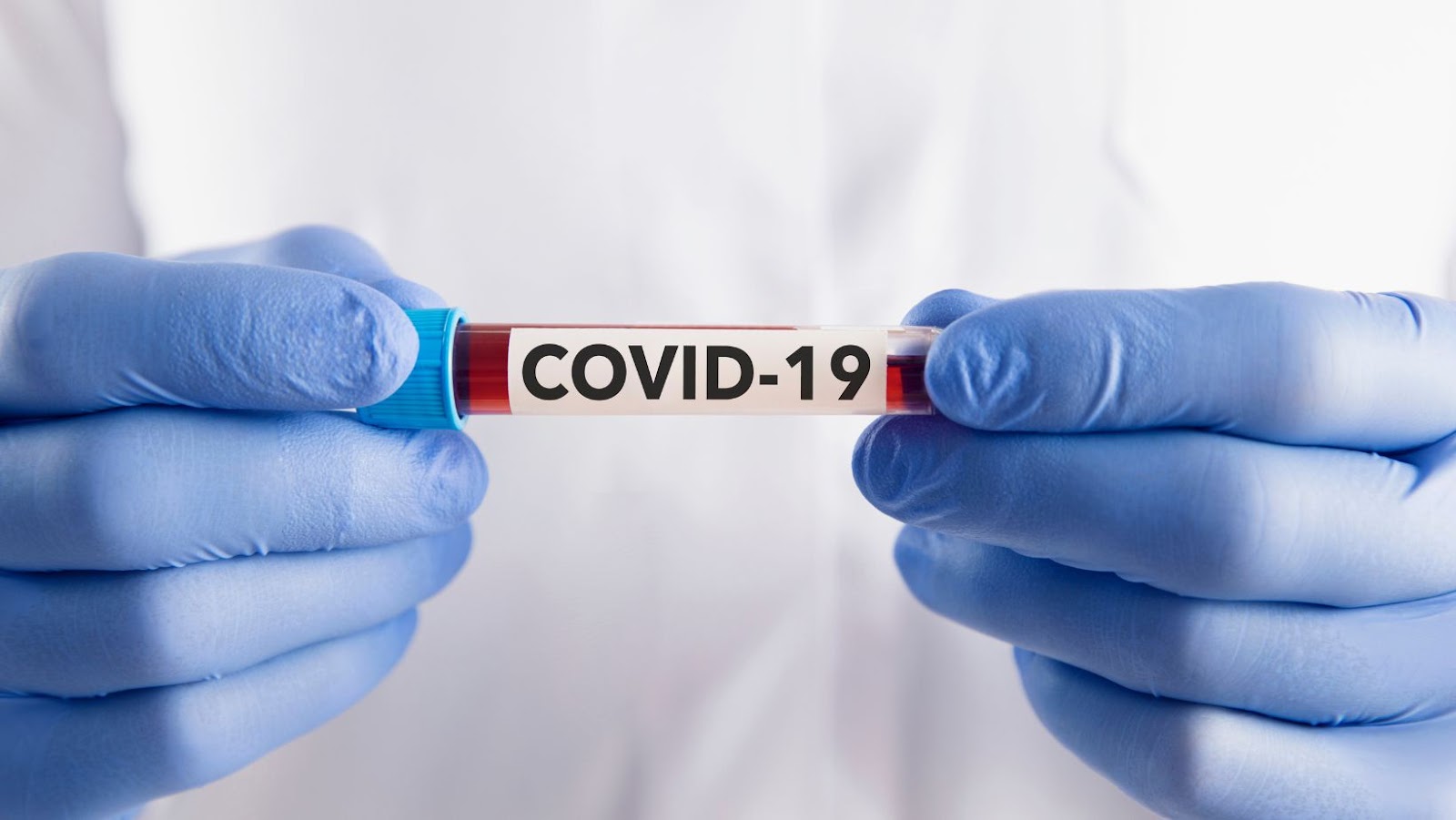
First, when evaluating a new vaccine, the FDA looks at data from clinical trials that test how well it works in humans. They also analyze data on any side effects that may have been reported during or after vaccination.
Once the FDA has determined that a vaccine meets safety and efficacy standards, it issues what’s known as an Emergency Use Authorization (EUA). An EUA allows for product distribution before full approval is granted as long as certain criteria are met. Currently, three COVID-19 vaccines have been given EUAs meaning they are available to be used under premises specified by the FDA while continuing to collect additional safety and effectiveness data over time.
Finally, after collecting additional data, the FDA may decide to fully approve the vaccine; this means it has met all standards for safety and effectiveness required by law and is available for continued use in the U.S. All three of the major COVID-19 vaccines currently in use have been granted full approval by the FDA and are now available across America.
Advantages and disadvantages
Various types of vaccines have different advantages and disadvantages, which should be considered when deciding on the most effective and appropriate vaccine to use. For example, vaccines may be designed to target one of the many strains of a virus or bacteria, or they may provide broad protection against all variants. Depending on the type used, they may also offer temporary immunity or long-term protection. Furthermore, some vaccines may require multiple doses to achieve optimal coverage while others require only one dose.
Advantages:
- Most vaccines are highly effective in conferring immunity against the intended virus or bacteria
- They can produce an immune response that lasts for an extended period
- In widespread immunisation programs, whole populations can benefit from collective protection
- Vaccines are generally safe for most people to receive
Disadvantages:
- A small minority of individuals may experience minor side effects such as fever, nausea, swelling, or fatigue following vaccination
- Certain rare infections such as Guillain Barré Syndrome could potentially occur after receiving certain vaccinations
- Specific individuals with weakened immune systems due to disease could suffer poor responses even with heavily immunised populations
- Although it is now possible to produce genetic vaccines using DNA technology, there is currently limited availability and resource constraints
Russian Vaccines
Russia is one of the countries with approved COVID-19 vaccines. The Russian vaccine, Sputnik V, has been approved by the Ministry of Health and is now used worldwide.
This section will discuss more about the Russian vaccine, its effectiveness and safety, and any other relevant information.
Approval process
Vaccines’ development and approval process is intended to ensure that the public has access to safe, effective, and timely treatments for infectious diseases. A vaccine’s safety and efficacy must be evaluated in clinical trials or other studies to begin the approval process. The Russian government has instituted a rigorous process to evaluate a vaccine before granting it official approval.
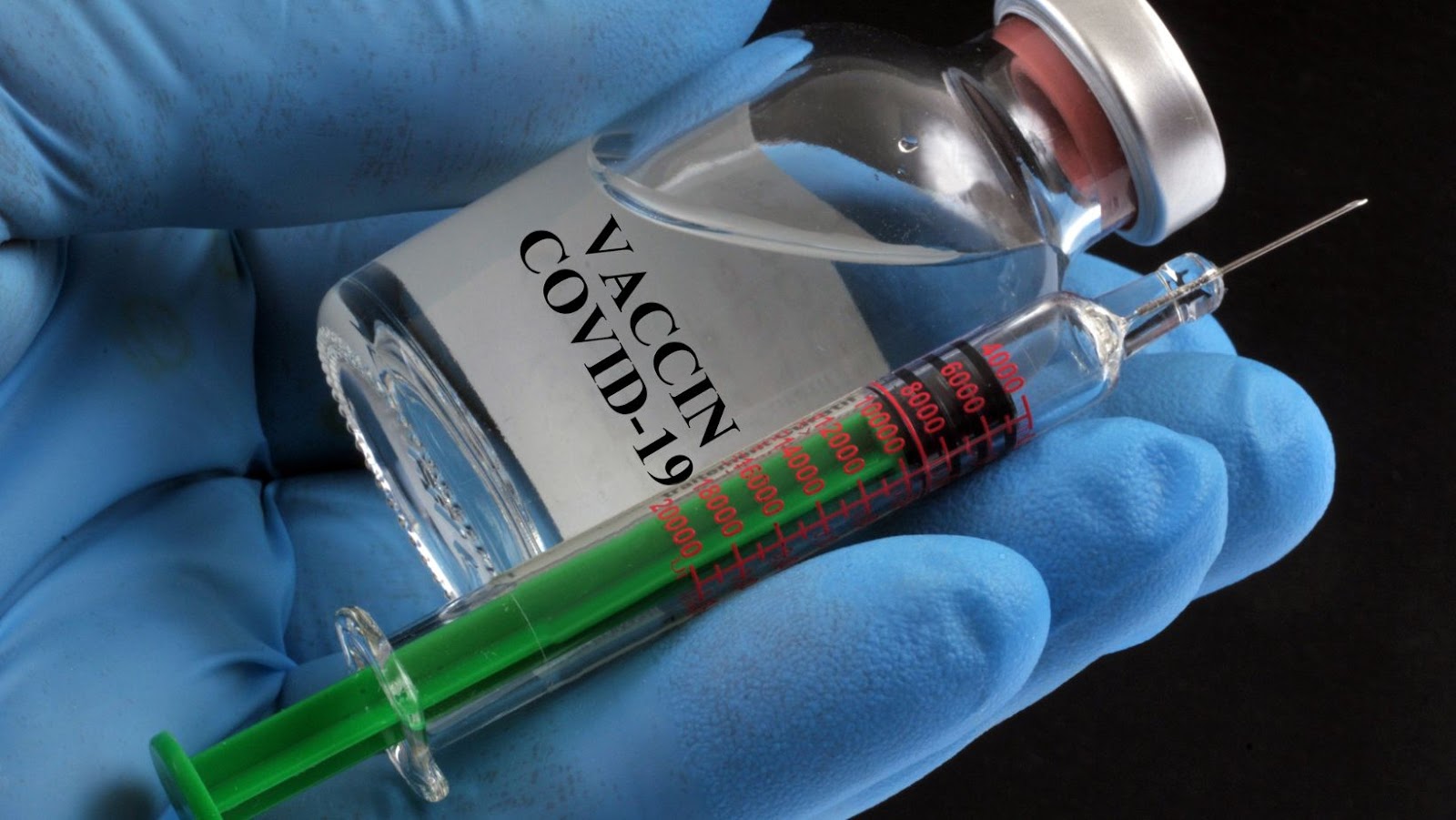
The Russian system includes pre-clinical trials where a candidate vaccine is tested on cell cultures or animals to determine its effects on human cells before human administration. Vaccines must also go through a series of clinical trials that include phases I, II, III, and finally IV which are described below:
Phase I: Tests safety on small groups of healthy adults 18-55.
Phase II: Tests safety and efficacy on larger groups of adults 55-85 years old.
Phase III: Tests safety and efficacy in an even larger group of adult volunteers 85+ years old. It is also performed on different racial/ethnic populations if the proposed vaccine targets these communities.
Phase IV: After the vaccine has been approved for use in the general population, additional studies may be conducted to further assess how well it works over longer periods with various demographic groups. This phase can last several months up to two years depending on the type of disease the vaccine targets.
Advantages and disadvantages
When trying to make sense of the various COVID-19 vaccines available, it’s important to consider the advantages and disadvantages of each. Vaccines have different properties and side effects; understanding them is important to make an informed choice. Here we compare the Russian Sputnik V vaccine with other vaccines, outlining its pros and cons.
Advantages of Sputnik V:
- It is a two-dose vaccine for maximum efficacy with an interval between doses typically of about 21 days.
- It is effective against all major variants of Covid-19, including UK, South African, Brazilian and Indian strains.
- The vaccine spurs both humoral (antibody) as well as cell mediated immune responses which are thought to be more durable than antibody alone responses seen with some other vaccines.
- The components for at least one dosage can be stored at regular refrigeration temperature, allowing for easier storage and transportation in many parts of the world.
Disadvantages of Sputnik V:
- The data from late stage trials have not been independently peer analyzed which has cast doubts on its effectiveness levels.
- A recent study by Oxford University showed that the Sputnik V may be less effective than originally thought, prompting concerns that it may not protect against severe cases or deaths caused by Covid-19.
- Compared to other approved vaccines, there is relatively little information publicly available on safety and efficacy levels for some age groups like teenagers or young adults as studies were conducted primarily on elderly patient groups aged over 60 years old.

